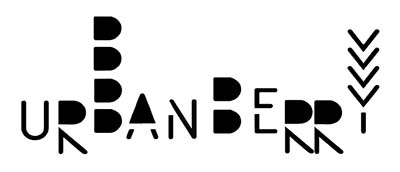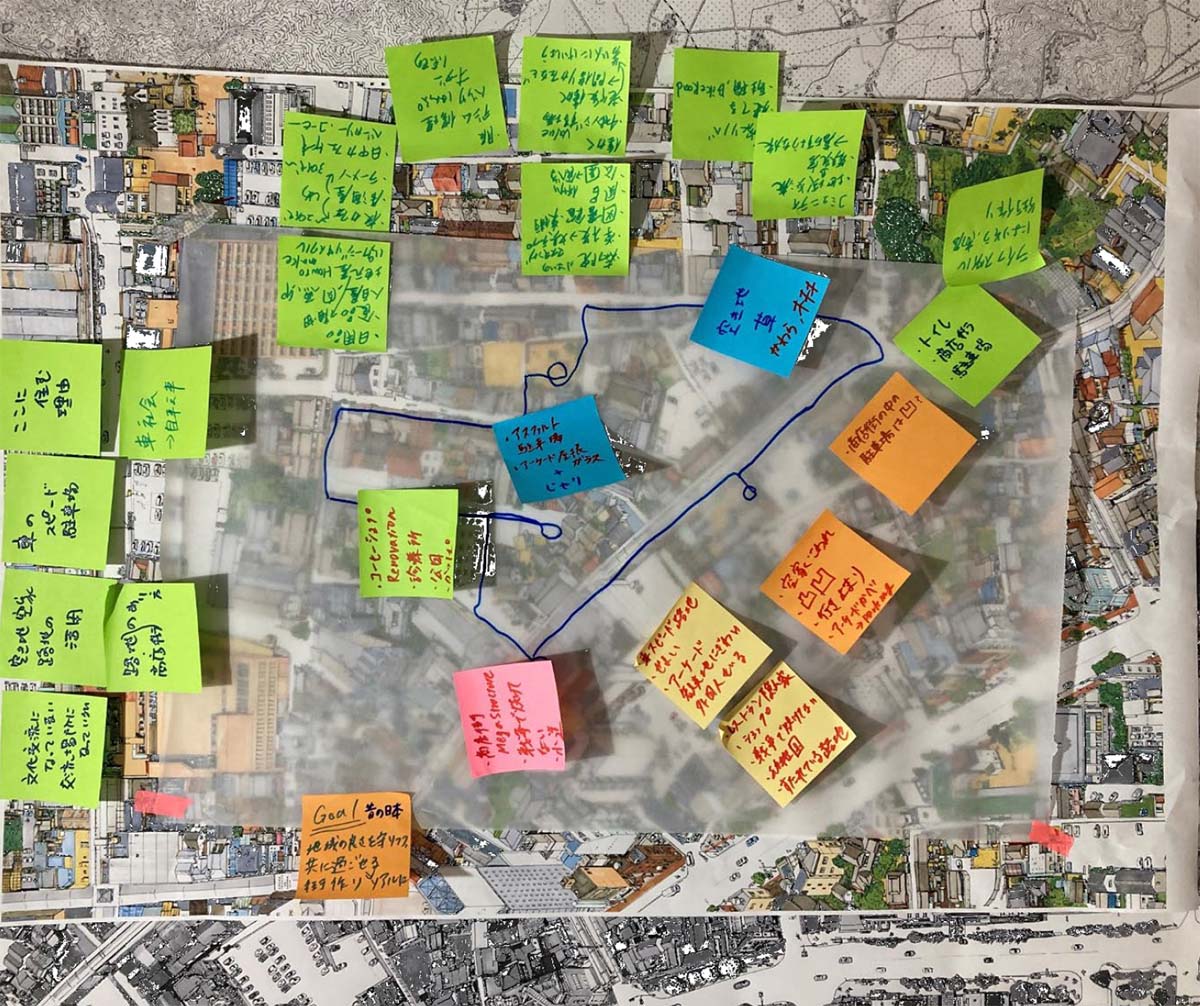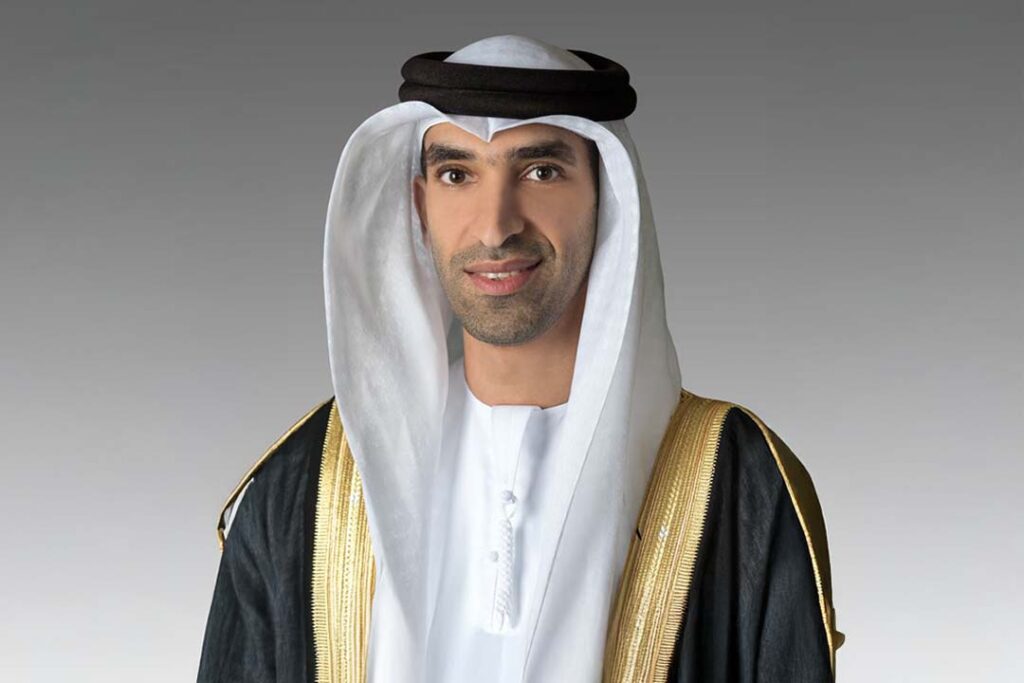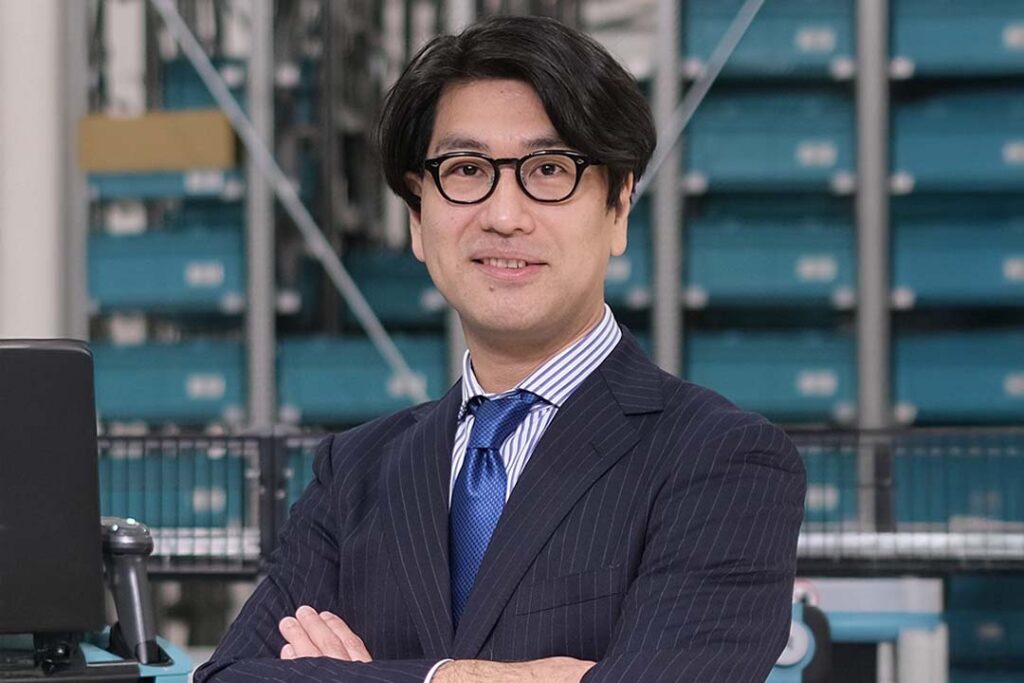Urbanberry Design, founded by Yukiko Nezu, excels by using a considerate, community-focused approach to architecture. Located in Amsterdam, the office combines sustainability, cultural awareness, and creativity to design spaces for function and significance.
After studying engineering at Tokyo City University, Nezu moved to the Netherlands to continue her studies in architecture at the Berlage Institute. In 2008, she established Urbanberry Design on a simple but compelling premise: to design spaces that capture human emotion and common experience.
“Our office name, ‘Urban Berry,’ comes from the idea of being a small but meaningful part of the city—something that grows and adds flavor over time,” says Nezu.
Urbanberry’s recent projects reflect this philosophy. In Japan, Nezu and her team worked on the JES Headquarters in Nagoya, a mid-rise office building offering both design expertise and environmental consulting. In the Netherlands, they are currently redesigning 120 staff rooms and sanitation facilities at the Schiphol Airport, improving functionality while prioritizing well-being.
At Urbanberry Design, we make a conscious effort to apply our architectural design skills to propose sustainable spaces that are suited to the needs of our time.
Yukiko Nezu, Founder of Urbanberry Design

Another recent project, the Kurashiki Workshop, focused on heritage and community. Kurashiki is known for its historic buildings and preserved districts. In 2024, Urbanberry helped facilitate a workshop together with the Cultural Heritage Agency of the Netherlands that explored how to conserve and repurpose heritage in ways that benefit contemporary life. The workshop brought together local governments, universities, NGOs, and residents. It was all about envisioning a future that celebrates heritage in the face of new challenges.


Nezu’s approach extends beyond projects to teaching and research. She serves as a visiting professor of architecture at a Dutch university and engages in urban initiatives in Amsterdam. Her upcoming book, Bottom-Up Experimental City in Amsterdam, set for release this summer, captures her experiences in the city.
“It covers a wide range of topics that influence my architectural practice—from empathetic design and urban development to circular economy, sustainability, community design, use of public space, education, and daily life,” she shares.
Urbanberry Design also bid in 2024 for the Dutch Pavilion at Expo 2025 Osaka, where their proposal, “Let’s Turn Things Around,” came in second. The forward-thinking design encouraged visitors to take a bicycle ride through the pavilion, incorporating Japanese materials to convey Dutch values of sustainability and community engagement. Nezu’s experience of living between two cultures gives her a unique perspective.
“My work often brings me face-to-face with both the similarities and differences between Japan and the Netherlands. Society is always evolving, and I’m constantly learning through that process,” she says.
© Urbanberry Design
Whether in Amsterdam or Nagoya, Urbanberry’s designs reveal a deep respect for local contexts while staying open to new ideas. One of the most important aspects of Nezu’s philosophy is her belief in mutual contribution.
“I believe that environmental issues, such as global warming, are something everyone can engage with in their own way, using the skills they have. When we promote community-based activities, it naturally leads to ideas rooted in the circular economy. At Urbanberry Design, we make a conscious effort to apply our architectural design skills to propose sustainable spaces that are suited to the needs of our time,” Nezu says.
This ethos of collaboration infuses not just her architecture but also her teaching and community work. Urbanberry Design hopes to continue pushing itself through international design competitions, research, and collaborations with local communities. For Nezu, architecture is a process of enhancing everyday life and bringing people together across generations and places. It is a way of making sustainability a natural, lasting part of the way we live.
+31(0)6 42419729
[email protected]
www.urbanberry.com
Urbanberry Design




















